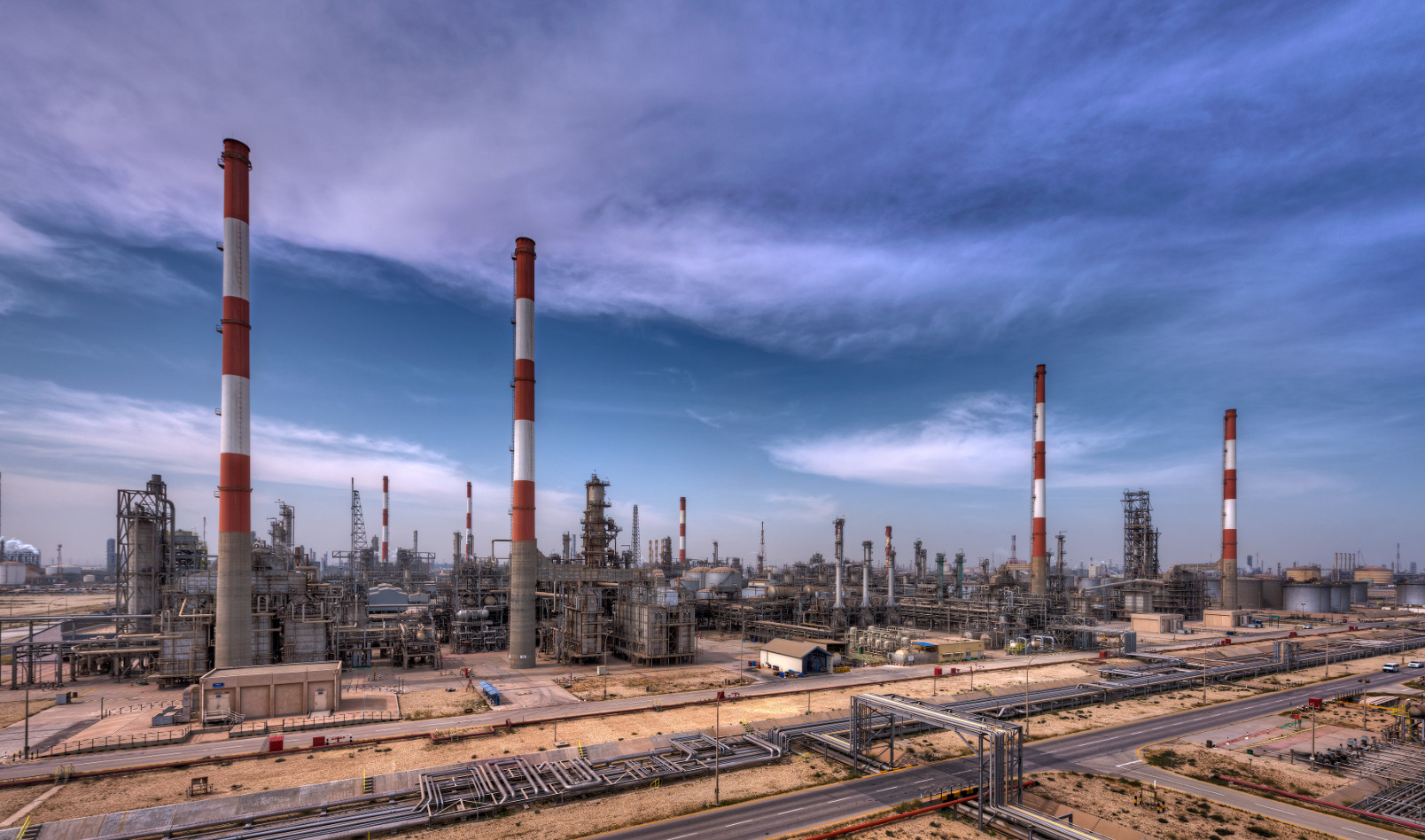Saudi Aramco, the world's largest oil producer, is engaged in discussions with Rongsheng Petrochemical, a leading Chinese refiner, regarding a possible stake sale in the Jubail Refinery. This potential partnership signifies Aramco's ongoing strategy to attract foreign investment and expand its downstream operations, which involve processing crude oil into usable products.
The talks center around Rongsheng acquiring a 50% stake in the Jubail Refinery, also known as SASREF. This move would mark a significant development, potentially representing the first instance of a private Chinese firm obtaining ownership in a major Saudi refining asset. The cooperation framework agreement, signed recently by both companies, paves the way for further negotiations and due diligence procedures.
Beyond the potential Jubail stake sale, the discussions encompass broader collaborations within the petrochemical sectors of both nations. This could involve joint ventures and investments aimed at enhancing existing facilities and propelling the development of new projects. Notably, the agreement mentions Rongsheng's new materials project located in Zhoushan, China.
The potential partnership between Aramco and Rongsheng holds strategic benefits for both parties. For Aramco, securing a stake sale in SASREF would generate significant revenue and potentially streamline operations. Moreover, collaborating with a prominent Chinese refiner like Rongsheng could open doors to new markets and bolster Aramco's position within the expanding Asian refining sector.
For Rongsheng, acquiring a stake in SASREF would provide access to a reliable source of crude oil, a crucial aspect for any refiner. Additionally, the potential for joint ventures and technology transfer could significantly enhance Rongsheng's capabilities and propel its growth within the petrochemical industry.
The finalization of this potential deal hinges on the successful completion of due diligence by both parties. If successful, this collaboration could set a precedent for future cross-border partnerships between Saudi Arabia and China, fostering deeper economic ties within the energy sector. The potential impact on the global oil and gas market also warrants close observation, as the deal could influence supply chains and regional dynamics.

